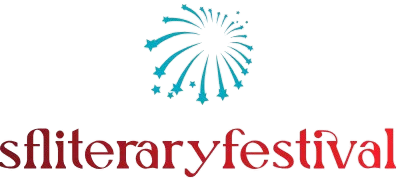Literature plays a vital role in building and strengthening communities by fostering connections, cultivating empathy, and promoting dialogue. Here are a few ways in which literature contributes to community development:
Shared Stories:
Literature provides readers with shared stories and narratives that resonate across diverse backgrounds. Through books, poems, and plays, communities can bond over their shared experiences, highlighting common values, struggles, and triumphs. This shared understanding creates a sense of belonging and a shared identity within a community.
Promoting Empathy:
Literature has the power to transport readers into the lives of others, allowing them to empathize with characters and understand different perspectives. By exposing readers to narratives that reflect various cultures, experiences, and beliefs, literature broadens readers’ horizons and helps them appreciate the diversity within their community. This empathy and understanding pave the way for stronger community bonds and acceptance of differences.
Encouraging Dialogue:
Literature often tackles challenging and thought-provoking topics, inspiring conversations within communities. Book clubs, literary events, and community book fairs provide spaces for individuals to engage in meaningful discussions about the themes, values, and messages conveyed in literature. These conversations promote critical thinking, foster a sense of intellectual camaraderie, and encourage open-mindedness within the community.
Education and Personal Growth:
Literature is a powerful tool for education and personal growth. By reading a wide range of literary works, community members can expand their knowledge, broaden their perspectives, and develop critical thinking skills. As people engage with literature, they become more informed, thoughtful, and engaged members of their community, contributing to the growth and development of the collective intellect.
Preserving and Celebrating Cultural Heritage:
Literature serves as a medium for preserving cultural heritage and passing down stories, traditions, and values from one generation to the next. By celebrating and sharing literary works that reflect a community’s cultural identity, literature becomes a bridge that connects the past, present, and future. Through this preservation, communities gain a sense of continuity and pride in their heritage.
Inspiring Social Change:
Literature has long been a catalyst for social change. Books and poems often shed light on societal injustices, challenge the status quo, and inspire action. By raising awareness and offering alternative perspectives, literature can ignite conversations about social issues, mobilize communities toward positive change, and promote social justice.
Literature serves as a cornerstone for community building, fostering connections, inspiring conversations, and promoting a sense of shared identity. By engaging with literature, communities can cultivate empathy, critical thinking, and a deeper understanding of one another. Through dialogue and shared experiences, literature enhances community bonds, encouraging collaboration, acceptance, and the pursuit of a collective vision.




